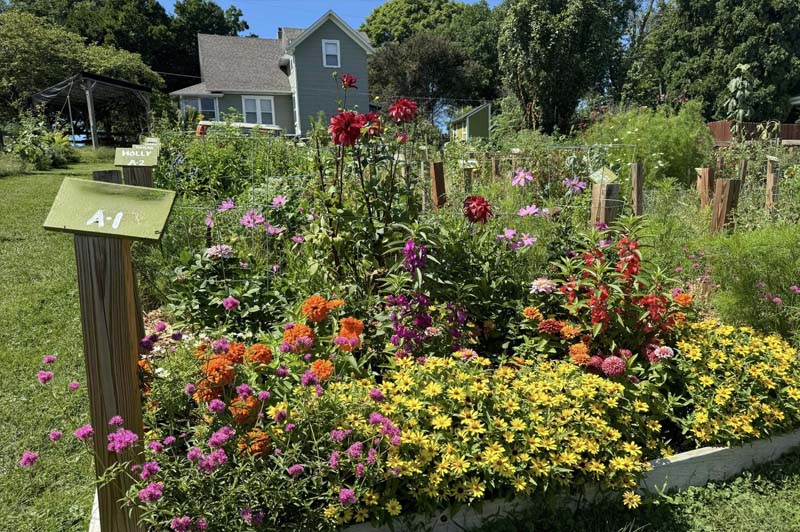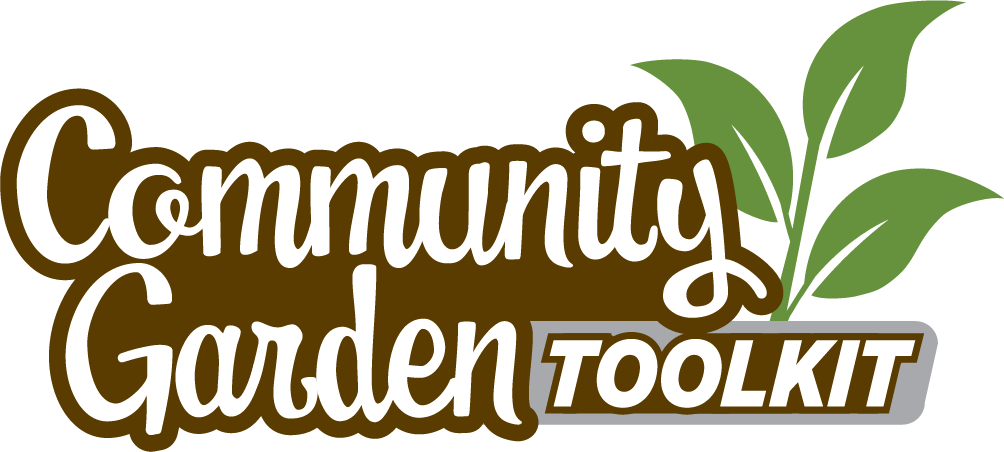Why Community Gardens are Important
Cultivating More Than Just Plants

It’s more than just growing fruits and vegetables…
If you’ve ever had your hands in the dirt, you know the satisfaction of growing something from the ground up. But community gardens take that feeling even further. They aren’t just about fresh vegetables and flowers—they’re about bringing people together, creating connections, and making neighborhoods stronger.
Community gardens can transform empty lots into places of abundance, not just in terms of food, but in relationships, education, and opportunity. They offer a way for people to reconnect—not just with nature, but with their neighbors.
Strengthening Neighborhoods, One Garden at a Time
In an era where many people don’t know their neighbors, community gardens serve as a natural gathering space. They provide an opportunity for people of all backgrounds to work toward a common goal—growing food and caring for a shared space. Whether it’s planting, watering, or harvesting, each small act of gardening builds relationships and a sense of belonging.
Beyond personal connections, these gardens also bring direct benefits to families. In areas with limited access to fresh, affordable produce, community gardens help fill that gap. They also offer hands-on learning experiences, where children and adults alike can develop gardening skills, learn about sustainability, and gain a deeper appreciation for where their food comes from.
Empowering Organizations and Schools
For nonprofits, schools, and faith-based organizations, community gardens provide a hands-on way to bring their missions to life. Schools can use gardens as outdoor classrooms, where students learn about science, nutrition, and environmental stewardship. Nonprofits working on food security can use gardens to provide fresh produce to families in need. Faith-based groups can create spaces that foster community and service.
These gardens also serve as a bridge between organizations and the people they serve. Volunteers and donors can see their efforts in action—watching the garden grow is a tangible reminder of the impact they’re making.
Revitalizing Cities and Public Spaces
In urban environments, green space is often hard to come by. Community gardens offer a simple yet effective way to revitalize vacant lots, turning them into productive, inviting spaces. They improve air quality, reduce urban heat, and create small habitats for pollinators like bees and butterflies.
Perhaps even more importantly, they contribute to public health. Research has shown that access to green space reduces stress and improves mental well-being. In a world that moves fast, gardens remind us to slow down, be present, and appreciate the simple act of growing something with our own hands.
Building Resilience and Food Security
The past few years have underscored the importance of resilience. When grocery prices spike or supply chains falter, having a local food source can provide stability. Community gardens allow neighborhoods to take control of their food supply, reducing dependence on external systems.
During the COVID-19 pandemic, many community gardens became lifelines. They provided fresh food to struggling families, created safe outdoor gathering spaces, and reinforced the importance of local food systems. More than just places to grow food, these gardens became symbols of strength and solidarity.
Why We Need More Community Gardens
A well-run community garden doesn’t just provide food—it cultivates relationships, education, and pride in shared spaces. It creates a ripple effect, improving public health, strengthening local food systems, and making cities more livable.
Investing in community gardens is one of the simplest yet most effective ways to build stronger, more connected communities. Whether you’re an individual looking to start a garden, an organization exploring a new initiative, or a city planner searching for sustainable solutions, community gardens offer a way forward.
Because when we grow together, we all benefit.

“Community gardens do more than grow food—they grow connections, resilience, and a shared sense of purpose in our neighborhoods. This is why I started the Community Garden Toolkit project—to give individuals and organizations the tools they need to turn empty spaces into thriving, community-driven gardens that bring people together.”
– Kurt Goetzinger
